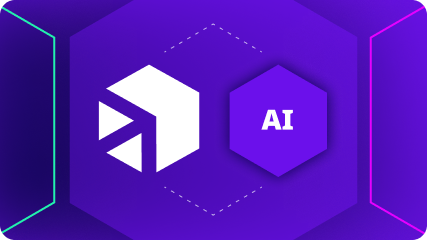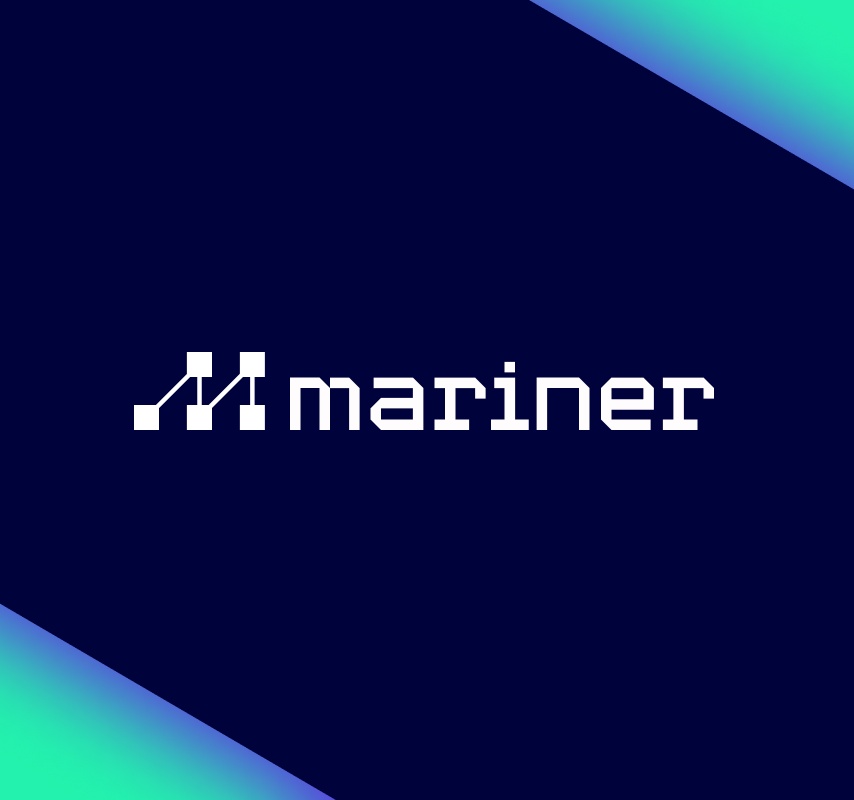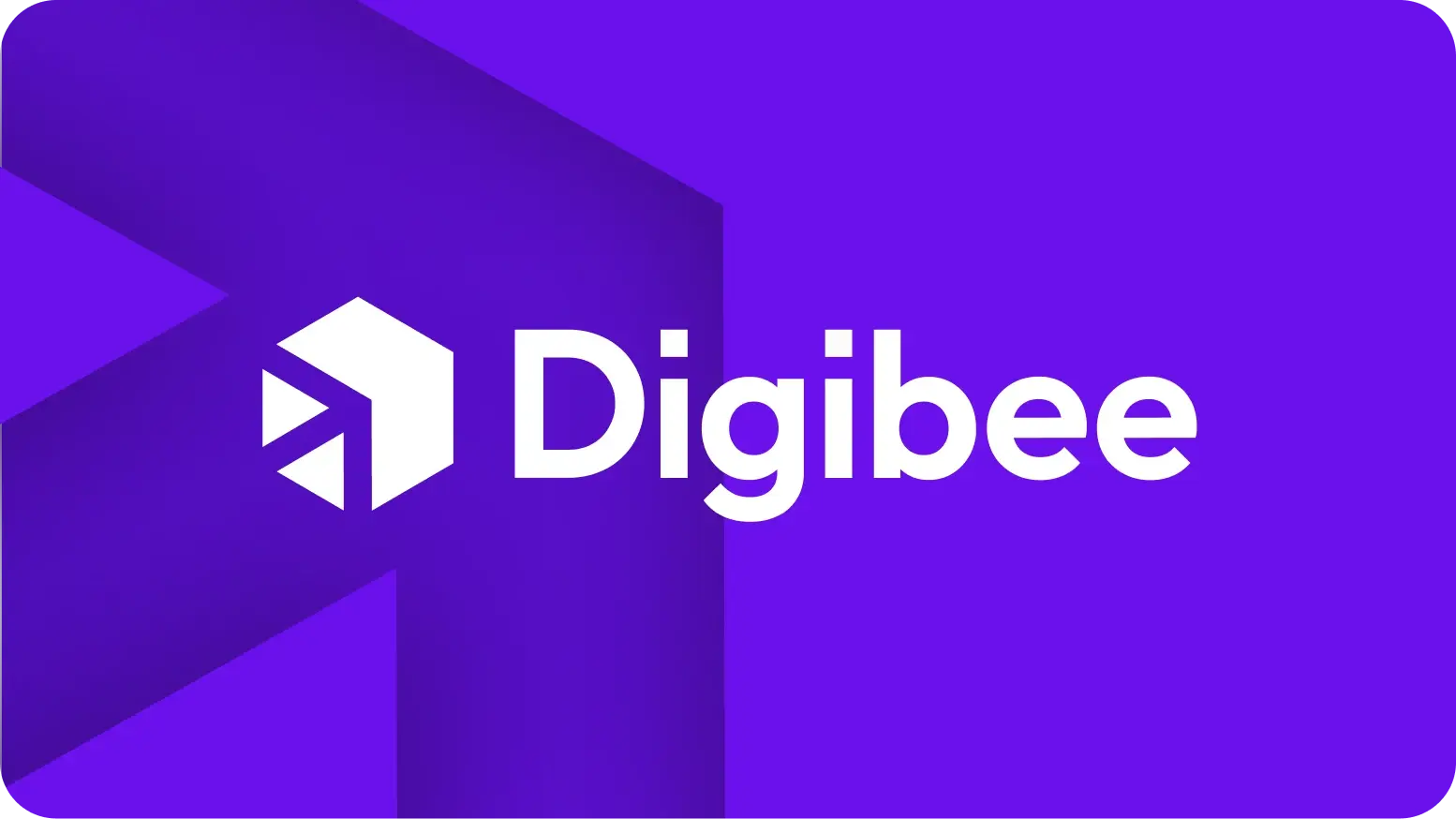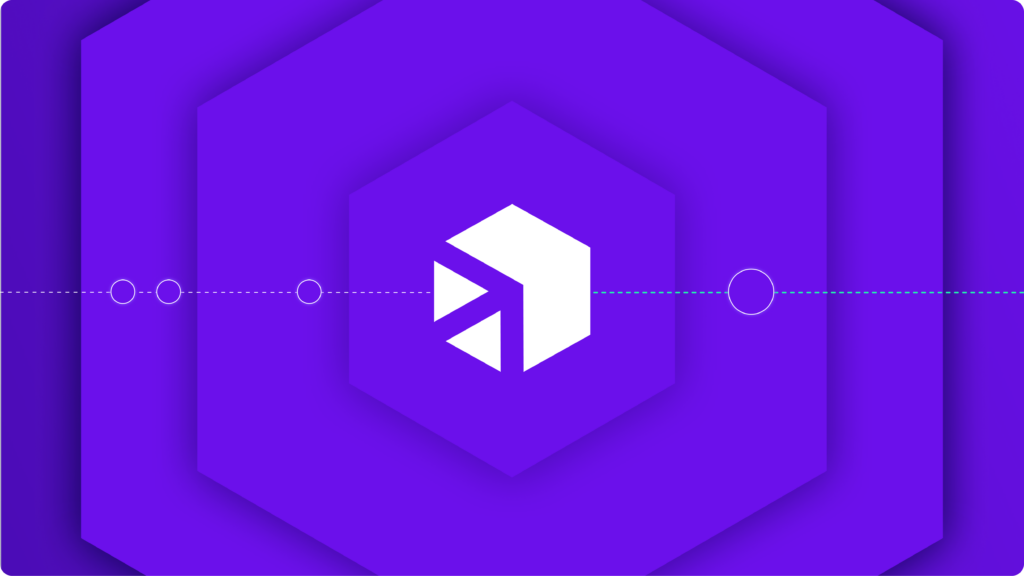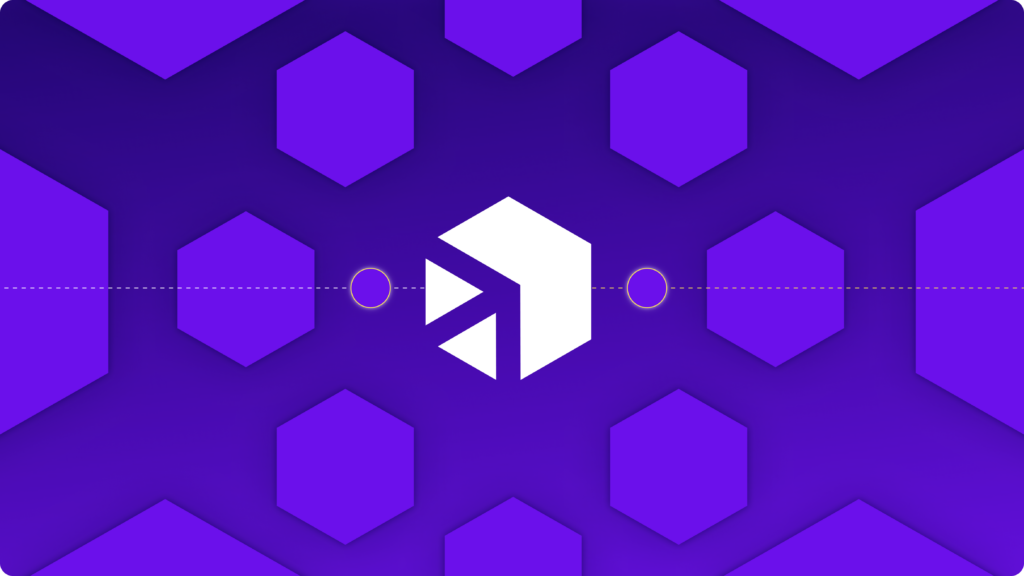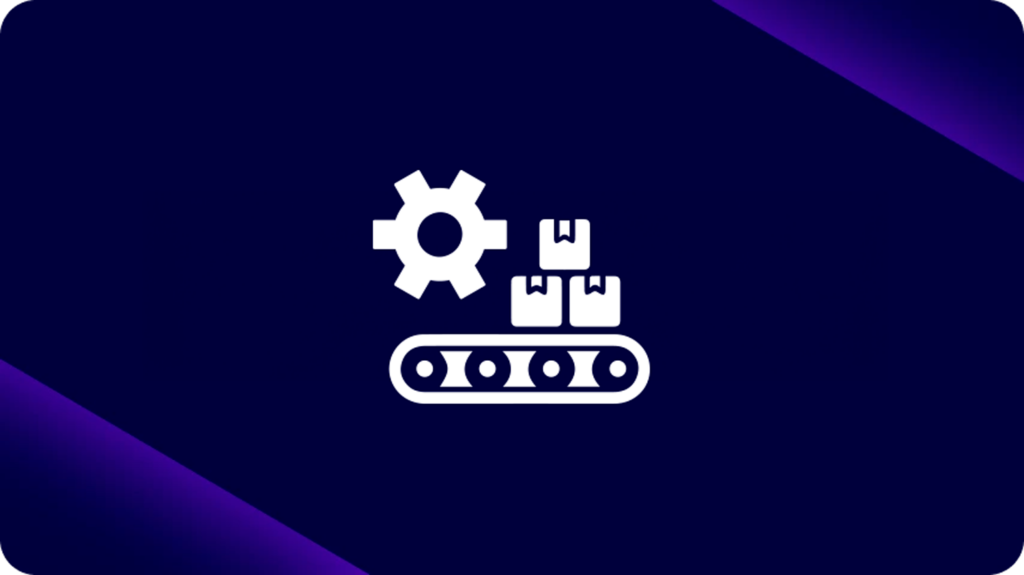julho 20, 2022
Estamos todos vivenciando a revolução digital. Fazemos download de podcasts e ouvimos músicas no Spotify, chamamos corridas pelo Uber e recebemos compras diretamente em nossas portas com a Amazon.
Esses líderes digitais não apenas redefiniram a forma como os consumidores se relacionam com as empresas, mas também criaram novos mercados — muitas vezes derrubando os tradicionais nesse processo. Eles entenderam o desejo dos consumidores de resolver problemas por conta própria, de forma imediata, utilizando canais digitais como chatbots e dispositivos conectados. Essas dinâmicas de mercado deixaram varejistas tradicionais lutando para sobreviver e acompanhar os vencedores digitais.
Uma pesquisa da McKinsey & Co. aponta que as respostas à pandemia aceleraram a adoção de tecnologias digitais em vários anos — e que muitas dessas mudanças vieram para ficar.
Enquanto organizações tradicionais estão fortemente atreladas a sistemas de informação em silos e arquiteturas legadas, que dificultam o desenvolvimento de soluções disruptivas para competir no mundo digital, as empresas digitais já nascem usando plataformas tecnológicas modernas e quase não carregam o fardo de dívidas técnicas.
>> Agende uma demonstração personalizada com nossa equipe de especialistas e veja como o iPaaS da Digibee trará eficiência ao seu negócio.
Enfrentando o dilema da integração
Como as empresas tradicionais podem competir com gigantes digitais e startups apoiadas por capital de risco, que contam com custos reduzidos e modelos disruptivos?
A abordagem mais eficaz para alcançar a transformação digital necessária para se manter competitivo é a integração de sistemas de software. Substituir sistemas legados pode envolver riscos de indisponibilidade que muitas empresas não estão preparadas para enfrentar. No entanto, atualizá-los com uma nova arquitetura cria um ambiente onde a entrega de serviços digitais se torna simples e economicamente viável.
O processo de integração, porém, pode ser uma verdadeira maratona, exigindo tempo, dinheiro e, muitas vezes, recursos especializados. Seja lidando com sistemas desenvolvidos há dez ou vinte anos, ou mesmo soluções relativamente novas baseadas em APIs ou Web Services, provavelmente será necessário contar com a expertise e as habilidades de um especialista para conectar os sistemas.
Em 2020, havia pouco mais de 100,000 profissionais de integração de sistemas empregados nos EUA, e a maioria permanece nos seus cargos por menos de dois anos.
Tradicionalmente, a integração tem sido uma tarefa complexa, cara e difícil de manter. Não apenas não havia garantia de que o problema original seria resolvido, mas o processo de integração frequentemente se tornava um problema por si só — muitas vezes, mais grave do que o inicial.
Decifrando o código para a integração digital
A abordagem tradicional para integração de sistemas de software depende de codificação, um processo caro e demorado. No entanto, programar integrações não é a única maneira de conectar sistemas legados. A Digibee oferece uma solução de integração low-code com uma interface visual de arrastar e soltar, que simplifica o processo de criação de integrações.
Tradicional
Integrações são construídas sob medida por desenvolvedores para conectar sistemas com base em regras de negócios.
- Exige habilidades avançadas
- Cada linha de código deve ser depurada, compilada e testada para garantir qualidade e segurança
- Implantação, execução, monitoramento, manutenção e atualizações são processos complexos e intensivos em recursos
- Integrações exclusivas dependem do conhecimento dos desenvolvedores, tornando sua manutenção ou atualização desafiadora
Digibee
Pipelines automatizados transformam e comunicam dados entre sistemas, facilitando a integração.
- Não é necessário conhecimento de código ou expertise especializada
- As integrações são automatizadas e executadas em uma única plataforma
- As implantações são rápidas, organizadas, eficientes e escaláveis
- O modelo de negócios baseado em SaaS permite que os usuários testem hipóteses sem grandes investimentos
A plataforma de integração da Digibee organiza automações em três domínios do ciclo de vida: Construir (Build), Executar (Run) e Monitorar (Monitor). Saiba Mais.
Mas vamos explorar mais profundamente por que este modelo é a melhor abordagem para a integração digital.
Uma abordagem mais eficiente
A Digibee oferece uma forma mais simples e rápida de integrar sistemas. Usuários apenas arrastam e soltam elementos em uma interface visual, criando integrações em média 10 vezes mais rápido do que com outras abordagens ou ferramentas.
A plataforma da Digibee inclui conectores especializados para uma ampla gama de sistemas, funções empresariais, dados e entidades — todos representados graficamente para fácil compreensão, sem necessidade de habilidades avançadas de programação. Além disso, está pronta para integrar centenas de tecnologias e aplicações conhecidas, como SAP, Totvs, Oracle, SalesForce, ServiceNow, entre outras.
A plataforma também oferece componentes de transformação de dados (igualmente representados graficamente) que facilitam a criação de regras complexas de conexão, transformação e enriquecimento de dados. Esses componentes são continuamente aprimorados e atualizados automaticamente.
A Digibee conta ainda com equipes especializadas de desenvolvimento, organizadas em trilhas para criar novos conectores voltados a necessidades específicas de sistemas e tecnologias. Essas trilhas permitem que novos conectores sejam desenvolvidos rapidamente, muitos deles em apenas algumas horas, sempre alinhados aos padrões da plataforma.
O ambiente de integração visual da Digibee também oferece capacidade de auto documentação, um diferencial em relação às soluções baseadas em código tradicional. A representação do fluxo do pipeline proporciona uma imagem clara e intuitiva da função de cada conexão. Isso permite a criação de bibliotecas proprietárias com conexões a serviços online como mapas, redes sociais ou sistemas de nuvem pública e facilita conexões digitais entre funções comerciais internas e clientes, fornecedores ou parceiros.
Maior disponibilidade
Tradicional
As soluções tradicionais dependem de códigos de execução centralizados em um único ambiente, o que cria um ponto único de falha e expõe as empresas a perdas de desempenho, além dos altos custos de infraestrutura e manutenção.
Criar ambientes de alta disponibilidade exige duplicar (ou até triplicar) os investimentos em hardware e infraestrutura de software, o que aumenta as demandas de manutenção e atualizações.
Digibee
Cada pipeline na Digibee é completamente isolado em containers (dockers) dentro de uma infraestrutura Kubernetes otimizada para a integração proposta.
A falha de um pipeline não afeta a execução de outros, e, em caso de falha, uma nova instância é iniciada em menos de um segundo, reduzindo drasticamente o tempo de inatividade e outros problemas.
As integrações continuam funcionando mesmo que a plataforma de gerenciamento da Digibee fique indisponível.
Outros recursos dos pipelines da Digibee incluem:
Escalabilidade
- Limitada apenas pela disponibilidade do provedor de cloud e infraestrutura
- Dinâmica, com capacidade de crescimento automático conforme a demanda
Volume alto
- As pipelines podem escalar para processar mais de 10 transações simultâneas, com aumento de fluxo de duas formas:
- Verticalmente: ampliando a capacidade da pipeline para suportar um volume maior de transações simultâneas
- Horizontalmente: criando novas instâncias de pipelines
Resiliência
- Configuração de alta disponibilidade ou recuperação de desastres, iniciando uma segunda pipeline em paralelo em outra região ou infraestrutura na nuvem
- O runtime inclui funções de resiliência, como o circuit breaker, que organiza solicitações em fila quando endpoints enfrentam alta demanda
Segurança de dados inigualável
O número médio de ataques por empresa subiu 31% de 206 em 2020 para 270 em 2021, e o custo do cibercrime deve atingir $ 10.5 trilhões em 2025.
A segurança de dados é uma preocupação crescente para as empresas. A Digibee oferece segurança incomparável para minimizar os riscos de comprometimento de dados. Nossas pipelines são isoladas em contêineres acessíveis apenas pelos clientes, com fluxos de dados sensíveis criptografados usando o algoritmo proprietário da Digibee ou os serviços de criptografia do próprio cliente.
A autenticação de serviços é gerenciada por um API Gateway integrado, sem custos adicionais, com suporte a opções como autenticação básica, chave de autenticação, OAuth 2.0 e OpenID. O API Gateway também fornece diversas funções, incluindo:
- Monitoramento e registro de logs
- Lista de controle de acesso (ACL)
- Cache
- Limitação de taxa
- Funcionalidade serverless
- Baixa latência
Esses recursos garantem alta disponibilidade, segurança e resiliência, adaptadas para ambientes críticos de missão em qualquer setor. Toda a plataforma Digibee é construída sobre uma arquitetura de ponta e engenharia de sistemas comprovada, garantindo resiliência para modernizar sistemas legados e manter a performance.
Monitoramento abrangente
A plataforma Digibee foi projetada para operação simples e resolução rápida de problemas. Com Big Data e analytics, a solução monitora 100% das transações processadas.
- As pipelines são continuamente monitoradas quanto à saúde e consistência de transações, detalhando cada etapa de uma integração (hop-to-hop) e a duração de cada uma, especialmente os endpoints.
- Todos os logs são capturados e armazenados de forma independente da pipeline, eliminando impactos no desempenho. Eles são mantidos em um cluster ElasticSearch e podem ser acessados pela plataforma ou por ferramentas analíticas de terceiros.
- As integrações da empresa são organizadas de forma estruturada para documentação e manutenção eficazes, evitando o caos típico de soluções tradicionais, onde não há padrão ou metodologia definidos.
- Na Digibee, as pipelines são exibidas em um painel com descrição e status de cada integração, isolando o processo de integração dos endpoints em um único ambiente operacional.
- A plataforma adota práticas DevOps para gerenciar os ambientes de desenvolvimento, teste e produção, incluindo um processo totalmente automatizado de publicação e implantação de pipelines.
- Com uma base em serviços do Google Cloud, a Digibee move qualquer dado para qualquer plataforma ou cloud pública, oferecendo velocidade, escalabilidade e segurança incomparáveis.
Mas vamos ver a seguir: que torna o Digibee diferente?
Mas vamos ver a seguir: que torna o Digibee diferente?
A tecnologia da Digibee foi projetada para ser intuitiva e fácil de usar, baseada no conceito “faça você mesmo”, enquanto assume toda a responsabilidade pelas integrações dos nossos clientes.
Compromissos mínimos
- Modelo de negócios baseado no uso por pipeline
- Sem contratos anuais
- Sem necessidade de altos investimentos iniciais em tecnologia, serviços ou treinamento
- O valor da pipeline inclui a plataforma, hospedagem, tráfego, operação e monitoramento (regidos por SLA)
Engajamento sem atrito
O modelo de negócios da Digibee minimiza riscos e oferece total transparência de custos, tornando simples e descomplicado para os clientes:
- Experimentar novas ideias
- Testar serviços
- Implantar projetos temporários
- Modernizar a arquitetura
A plataforma Digibee é licenciada com base no consumo mensal de pipelines — fluxos de integração entre sistemas que incluem lógica de transformação e enriquecimento de dados definidos na plataforma e operando na nuvem da Digibee.
Cada pipeline suporta até 10 transações simultâneas e pode escalar até 64 MB de memória na nuvem Digibee. Caso um pipeline precise processar mais de 10 transações simultâneas ou consumir mais de 64 MB de memória, é necessária uma nova licença para cada faixa adicional.
Exemplos:
Se uma única pipeline escalar para suportar 80 transações simultâneas, serão necessárias 8 licenças da plataforma.
Se uma única pipeline consumir 128 MB de memória, serão necessárias 2 licenças da plataforma.
Número de transações simultâneas
10
40
80
Memória alocada para Pipeline
64 MB
256 MB
512 MB
Número de licenças necessárias
1
4
8
O que esperar do Digibee
Licenças Digibee pipelines em pacotes de 10, 100 ou 1000 unidades. Nosso licenciamento de plataforma inclui todos esses módulos e serviços:
- Acesso ao portal de integração e operação para até 50 usuários
- nuvem pública pipeline hospedagem
- Suporte técnico especializado em horário comercial (MF)
- Melhorias regulares na plataforma e recursos adicionais
- Uso de todos os componentes da plataforma, incluindo API Gateway
- Operação e monitoramento da plataforma 24 horas por dia, 7 dias por semana
- SLA de disponibilidade
- Acesso a painéis de operação e monitoramento
E embora a principal oferta de serviços da Digibee seja o modelo SaaS na nuvem Digibee, também oferecemos uma variedade de programas para clientes.
SaaS em um ambiente de nuvem Digibee dedicado
SaaS em seu ambiente de nuvem
Licenciamento no local
Uma solução elegante para os desafios de integração
A transformação digital vem com desafios de integração e modernização tecnológica que podem apresentar obstáculos para empresas de qualquer porte.
Com a plataforma de integração empresarial como serviço (iPaas) da Digibee, os sistemas legados presos em modelos antigos e caros ganham o impulso e a agilidade necessários para atender às demandas de negócios atuais. Novos microsserviços e sistemas baseados em API oferecem orquestração, desempenho e resiliência que se tornaram padrão entre os vencedores digitais.
A abordagem Digibee resolve os problemas associados à integração de sistemas de maneira elegante, moderna e sem atrito. Resolvemos os desafios de integração de ponta a ponta usando tecnologia proprietária para criar, executar e operar integrações enquanto colocamos ordem em ambientes caóticos e instáveis.
O Digibee integra sistemas mais rapidamente do que as soluções tradicionais e por uma fração do custo, permitindo que sua equipe de desenvolvimento se concentre na inovação, não na solução de problemas.
Saiba Mais
Agende uma demonstração com nossa equipe para saber mais sobre nossas soluções de integração inovadoras.




